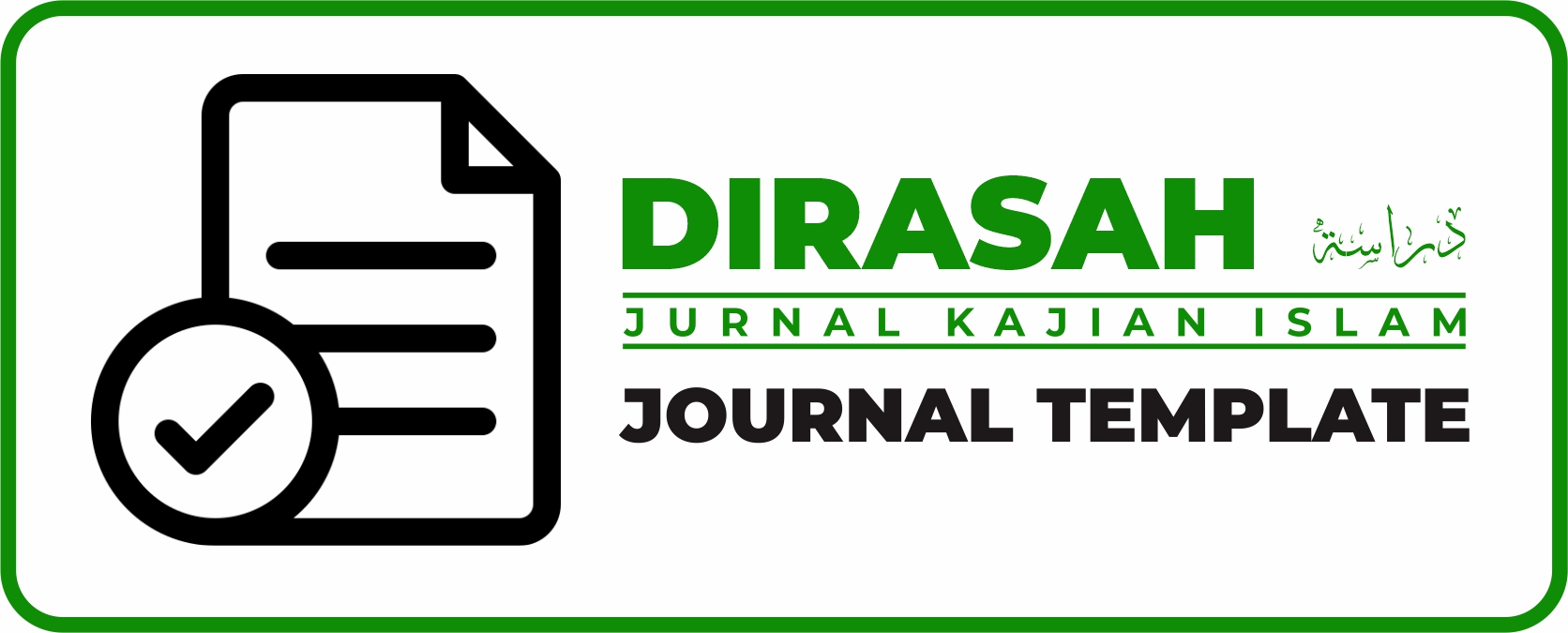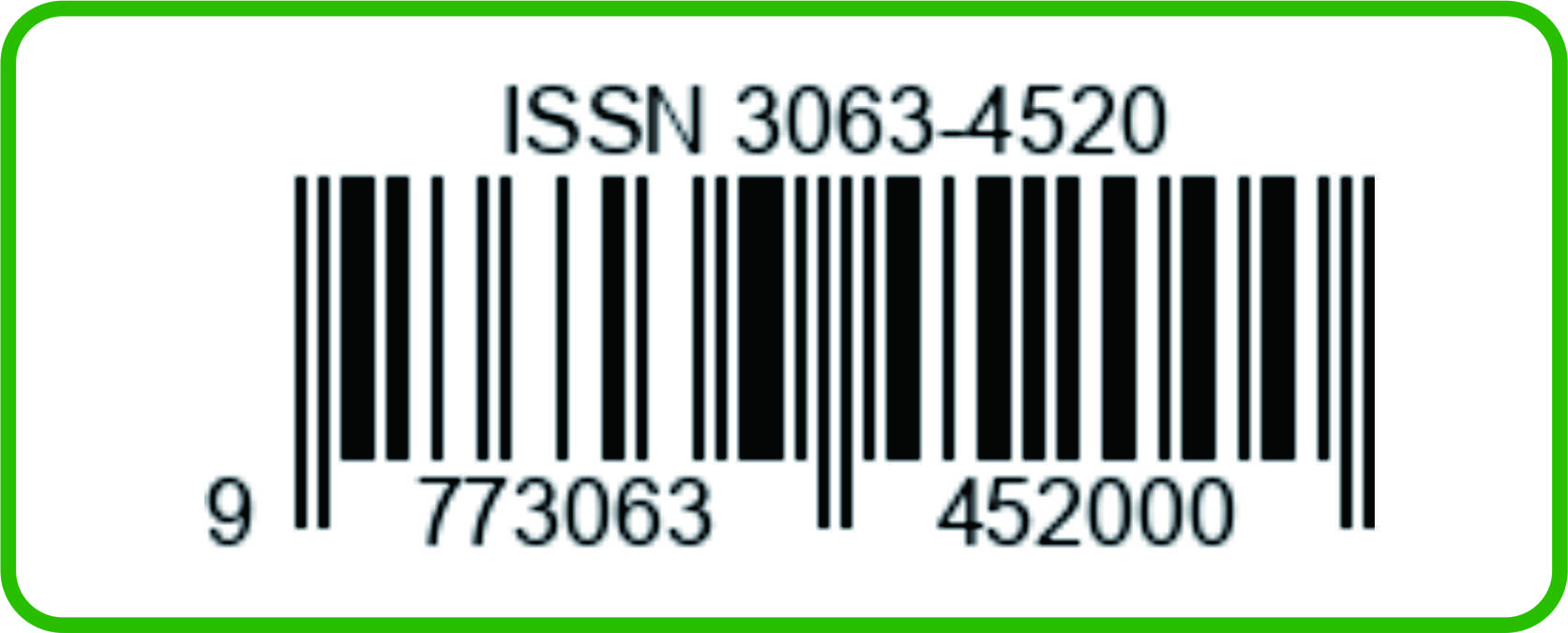Wakaf Produktif dalam Perspektif Kitab Fathul Wahhab pada Mata Pelajaran Kitab di Pondok Pesantren Raudlatul Muhibbin Al-Mustainiyyah Surakarta
Productive Endowments in the Perspective of the Book of Fathul Wahhab on Book Subjects at the Raudlatul Muhibbin Al-Mustainiyyah Islamic Boarding School in Surakarta
Keywords:
Waqf, Productive Waqf, Fathul WahhabAbstract
This study examines the concept and implementation of productive waqf from the perspective of the Fathul Wahhab book in the curriculum at Pondok Pesantren Raudlatul Muhibbin Al-Mustainiyyah Surakarta. The main problem is the underutilization of waqf land in Indonesia for productive purposes, despite waqf’s great potential as a community economic resource. The qualitative research method involved literature study, field observation, content analysis, and data triangulation from the Fathul Wahhab book and pesantren administrators. The results indicate that productive waqf aligns with classical fiqh principles emphasizing the preservation of principal assets and sustainable distribution of benefits. Fathul Wahhab highlights the crucial role of nazhir as both trustworthy and professional in managing productive waqf to maximize economic benefits for beneficiaries. Proper management of productive waqf can foster economic independence and support social and religious development in Indonesia.
References
Ahmed, H., & Osman, R. (2017). The role of Waqf in poverty alleviation: Evidence from Islamic countries. Journal of Islamic Accounting and Business Research, 8(3), 240-258.
Al-Anshari, Syekh Zakariya, 1997, Fathul Wahhab bi Syarhi Manhajith Thullab, Darul Kutub Al-‘Ilmiyyah, Beirut 1418 H.
Ali Daud M, “Sistem Ekonomi Islam, Zakat dan Wakaf”, (Jakarta: UI Press, 1988).
Ali, S., & Ahmad, Z. (2020). The role of Islamic endowment (wakaf) in poverty alleviation: An empirical investigation in Indonesia. Journal of Islamic Economics, Banking and Finance, 16(1), 112-127.
Fauzi, N. A. (2024). Wakaf Produktif Untuk Pemberdayaan Ekonomi Keluarga Perspektif Undang-Undang Nomor 41 Tahun 2004 Tentang Wakaf. Sakina: Journal of Family Studies, 8(1), 1-14.
Hafsah. (2009). Wakaf Produktif Dalam Hukum Islam Indonesia Analisis Filosofis Terhadap Undang Undang RI, XXXIII(1), 84–97.
Halim Abdul, *Hukum Perwakafan di Indonesia”, (Jakarta: Ciputat Press, 2005).
Hasan, M. Ali. (2011). Pokok-Pokok Hukum Ekonomi Islam. Jakarta: Rajawali Pers.
Hassan, A., & Vidyarthi, A. R. (2016). Managing waqf for sustainability and education: The role of Islamic educational institutions. International Journal of Islamic and Middle Eastern Finance and Management, 9(2), 234-249.
Jabir Bakar Abu, “Minhajul Muslimin”, (Libanon: Darul Fikri Bairut,1985).
Jurnal Santri. (2025). Peran Wakaf Tunai Dalam Pengembangan Ekonomi Pesantren.
K Nisa, SN Attin, A Novitasari, RAMM Nasoha - AL HUKMU: Journal of Islamic Law and Economics, 2024
Kementerian Agama Republik Indonesia. (2025). Prospek Nazhir Wakaf Global Berbasis Pesantren di Era Digital.
Khallaf, Abdul Wahhab. 1951. Ahkam Al-Waqf. Mesir. Matba’ah al Misr.
Khusaeri, H. (2015). Wakaf produktif. Al-A’raf: Jurnal Pemikiran Islam dan Filsafat, 12(1), 78–95. Surakarta: IAIN Surakarta.
Lirboyo Pesantren. (2021, Januari 7). Sekilas Tentang Kitab Fathul Wahhab.
Mohamed, N., & Zaheeruddin, M. (2019). Wakaf as a sustainable financial instrument in Islam: Exploring the significance of wakaf in economic development. International Journal of Islamic and Middle Eastern Finance and Management, 12(3), 407-418.
Mubarok, Jaih. (2008). Wakaf Produktif. Bandung: Simbiosa Rekatama Media
Mundzir, Qahaf. (2007). Manajemen Wakaf Produktif (Cet. ke-3). Jakarta Timur: Pustaka Al-Kautsar Grup.
Nafik, M., Ryandono, H., & Hazami, B. (2016).
Nisa, Khoiru, Anggita Novitasari, Sepvita Nur Attin, dan R. Ahmad Muhamad Mustain Nasoha. “Analisis Penyelesaian Sengketa Wakaf dalam Perspektif Hukum Peradilan Agama di Indonesia.” Al-Hukmu: Journal of Islamic Law and Economics 3, no. 2 (Agustus 2024): 79–92.
Peran dan implementasi waqaf dalam peningkatan kesejahteraan masyarakat. Inferensi, 10(1), 239–264.
Qahaf, Munzir, al-Waqf al-Islami: Tatawwuruhu, Idaratuhu, Tanmiyyatuhu, Damaskus: Dar al-Fikr, 2006.
Republik Indonesia. (2004). Undang-Undang Nomor 41 Tahun 2004 tentang Wakaf. Jakarta: Sekretariat Negara.
Suhairi. (2020). Wakaf Produktif Perspektif Syariah dan Manajemen. Jurnal Zakat dan Wakaf, 3(1), 1-20.
Syahrol SH, Penyelesaian Sengketa Wakaf (Studi Kasus Terhadap Penyelesaian Sengketa Wakaf di Idi Rayeuk), Vol. II Edisi I 2019
Syekh Islam Abi Yahya Zakariyah Al Anshori, Fathul Wahab, Juz 1, (Semarang: Toha Putra, t.th.).
Wijaya Hengki,2018.” Analisis Data Kualitatif Ilmu Pendidikan Teologi”.(Sekolah Tinggi Theologia Jaffray).
Downloads
Published
How to Cite
Issue
Section
License
Copyright (c) 2025 Iga Mutiara Hakiki, Egidhea Dwiyamti Putri, Rahma Ayu Aulia Wardhani, Kalya Lintang Rayhana, Siti Alfiah Assaadah

This work is licensed under a Creative Commons Attribution-NonCommercial-ShareAlike 4.0 International License.











